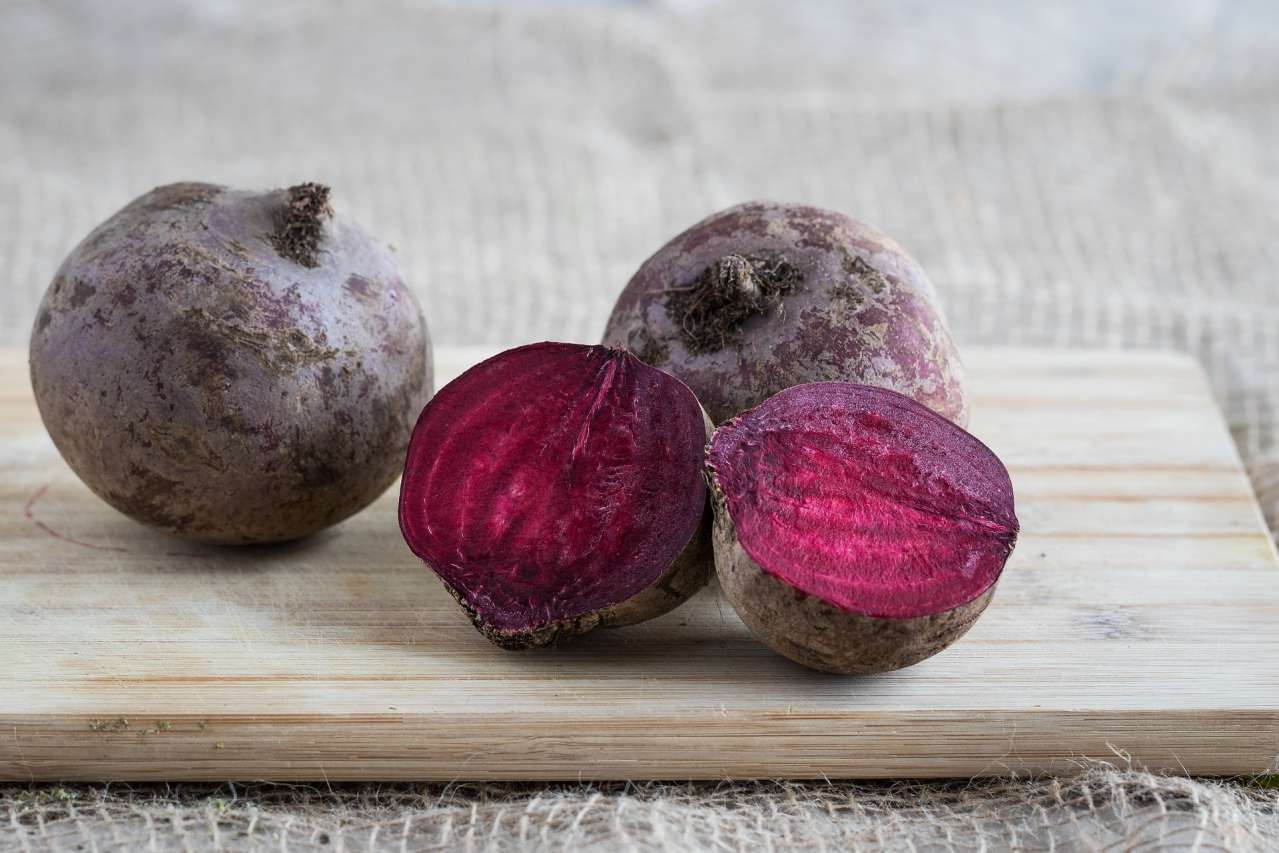Nutritionist Opinion: What are the Benefits of Beets
This healthy root vegetable contains vitamins A and C, B vitamins, folic acid, iodine, boron, manganese, potassium and iron.
This vegetable is a good source of fiber and is low in calories.
What else is beetroot good for health
The beneficial properties of beets are due to the presence in the roots of various vitamins (group B, PP, etc.), betaine, minerals (iodine, magnesium, potassium, calcium, iron, etc.), bioflavonoids. It is used as a tonic, improves digestion and metabolism.
Squeezed juice or decoction of the leaves, in the form of dressings, treats lichen, removes warts, heals cracks from the cold. A decoction of its leaves, in the form of an ointment with honey, is useful for burns and treats malignant ulcers. Beetroot gruel is used externally for vitiligo, patchy baldness, malignant ulcers, and joint pain.
In addition, beetroot helps to lower blood pressure, strengthens the walls of blood vessels, improves liver function, and helps to remove excess fluid from the body. It is very useful for women to consume beets during menstruation, as the vegetable restores blood loss in the body.

How to eat beets
The root crop can be eaten fresh, but more often the beets are boiled, fried, stewed, baked. It is added to borscht, beetroot soup, vinaigrettes, vegetable salads, served as a side dish. Beets are combined with cabbage, onions, cranberries, raisins, prunes, apples, nuts.
